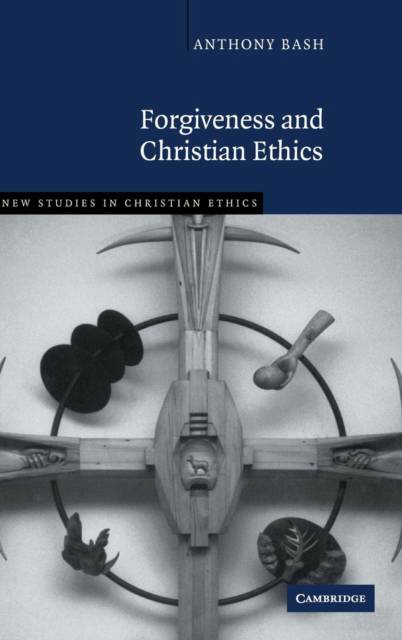
- Afhalen na 1 uur in een winkel met voorraad
- Gratis thuislevering in België vanaf € 30
- Ruim aanbod met 7 miljoen producten
- Afhalen na 1 uur in een winkel met voorraad
- Gratis thuislevering in België vanaf € 30
- Ruim aanbod met 7 miljoen producten
Zoeken
Omschrijving
What does it mean to forgive? The answer is widely assumed to be self-evident but critical analysis quickly reveals the complexities of the subject. Forgiveness has traditionally been the preserve of Christian theology, though in the last half century - and at an accelerating pace - psychologists, lawyers, politicians and moral philosophers have all been making an important contribution to questions about and our understanding of the subject. Anthony Bash offers a vigorous restatement of the Christian view of forgiveness in critical dialogue with those both within and without the Christian tradition. Forgiveness is a much more complicated subject than many theologians recognize. Bash explores the relevance of the theoretical discussion of the topic to recent events such as the Truth and Reconciliation Commission in South Africa, post-Holocaust trials, the aftermath of 9/11 and July 7 and various high-profile criminal cases.
Specificaties
Betrokkenen
- Auteur(s):
- Uitgeverij:
Inhoud
- Aantal bladzijden:
- 222
- Taal:
- Engels
- Reeks:
- Reeksnummer:
- nr. 30
Eigenschappen
- Productcode (EAN):
- 9780521878807
- Verschijningsdatum:
- 15/10/2007
- Uitvoering:
- Hardcover
- Formaat:
- Ongenaaid / garenloos gebonden
- Afmetingen:
- 157 mm x 231 mm
- Gewicht:
- 476 g

Alleen bij Standaard Boekhandel
+ 345 punten op je klantenkaart van Standaard Boekhandel
Beoordelingen
We publiceren alleen reviews die voldoen aan de voorwaarden voor reviews. Bekijk onze voorwaarden voor reviews.











